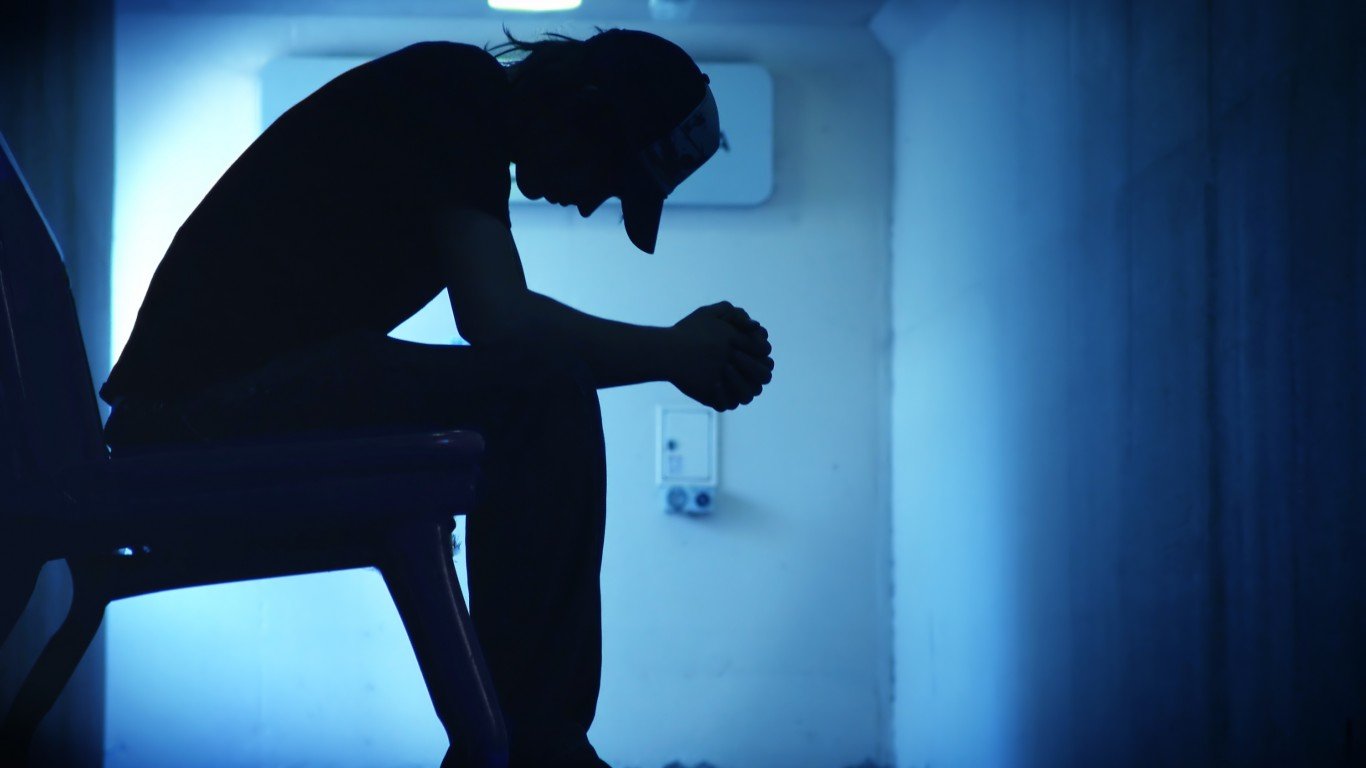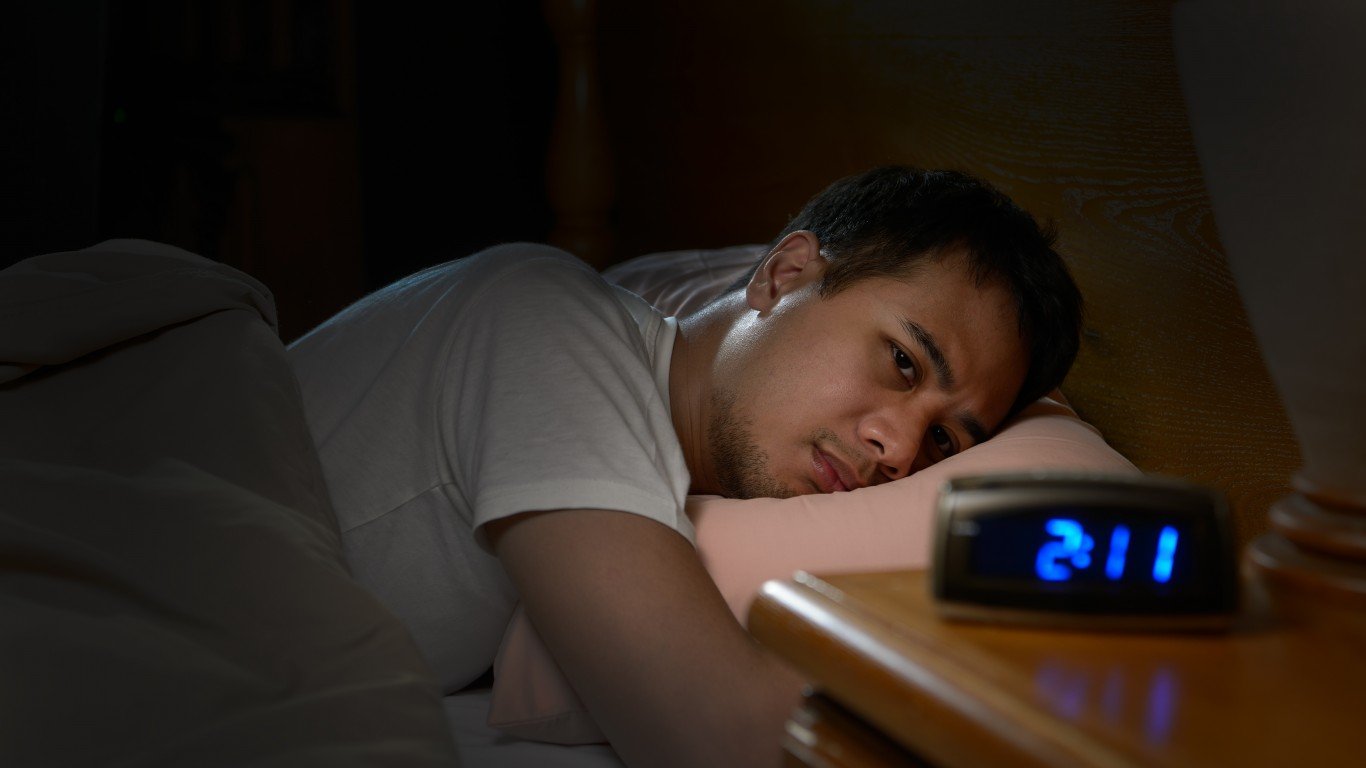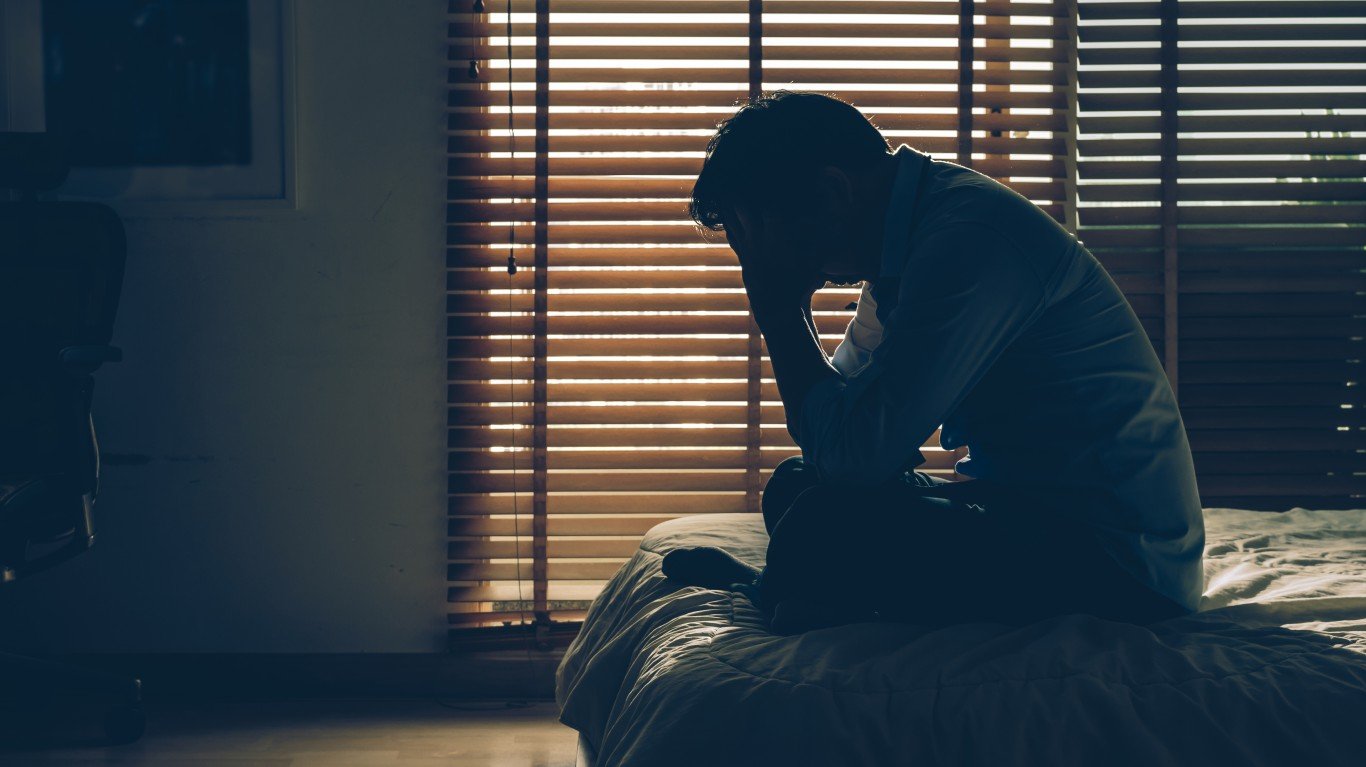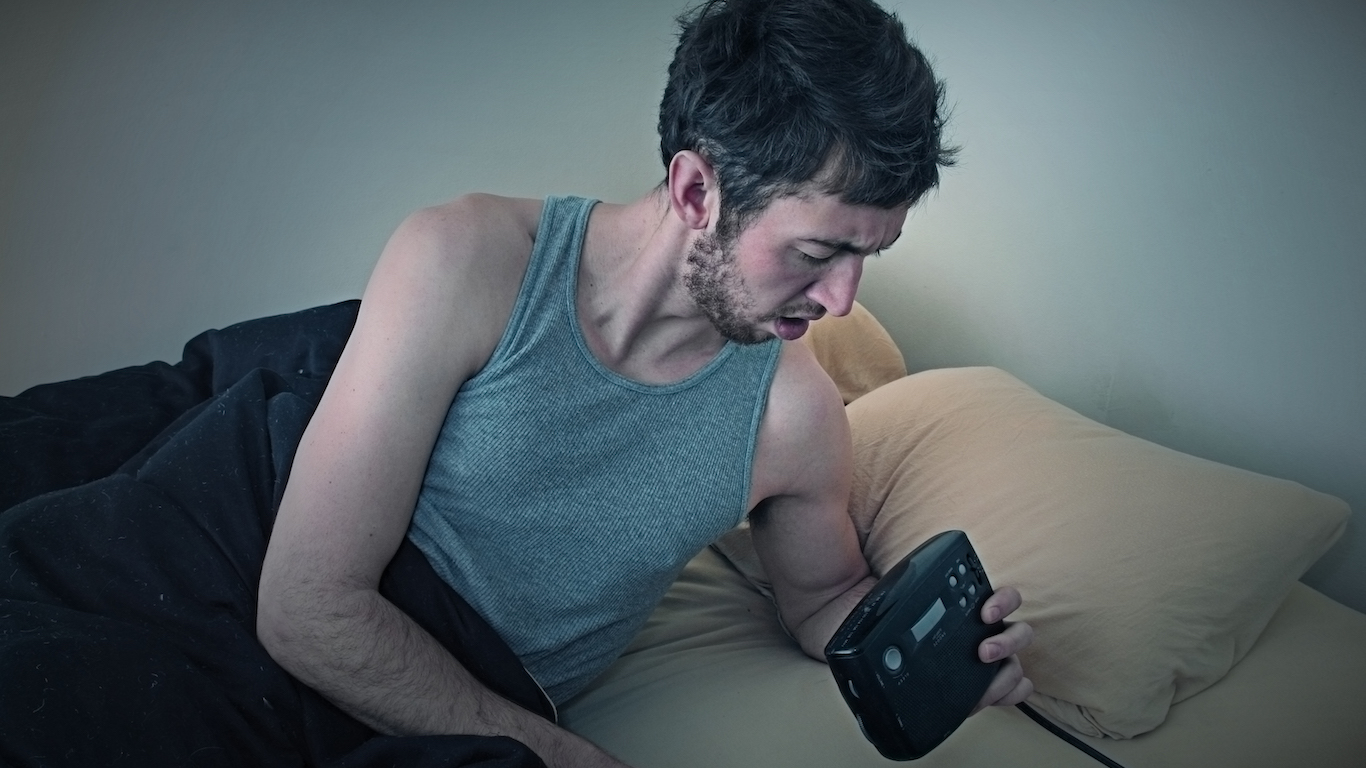On March 10, at 2 a.m. local time, we will turn the clocks forward one hour to 3 a.m. There will be more light in the evening — great for recreational purpose. And there will be less in the morning — not so great for a person’s health because of the sudden shock to the body’s circadian rhythm.
Standard time will on March 10 move to daylight saving time (DST), or summer time, as it is known outside the United States. The change forward, applied in the spring, and back, applied in the fall, is intended to make better use of sunlight and therefore save on energy spending. While moving the clock forward has been the law of the land for decades, why it’s still being used has become a public debate. As its economic effects today are disputed, its negative health risks have been established for years.
It has become so contested that Arizona (except the Navajo region), Hawaii, and the overseas territories of the United States don’t observe DST, and there are calls in a few other states to end the to end it the practice within their borders.
Adapting to new time zones usually takes the body about one day per hour of time difference, but some studies show effects lasting up to 10 weeks. Other research goes even further, indicating that the circadian system does not adjust to DST at all. So, as the body follows one clock, the calendar follows another, and the results may range between people from constant daytime sleepiness to lower quality sleep and even fatal car crashes.
Some tips to adjust your body and mind to waking up an hour before the usual time include going to bed earlier two night before the time change occurs, making sure you get at least seven to eight hours of sleep, avoiding alcohol and caffeine which can cause sleep disturbances, and avoiding long naps so you don’t disrupt your body’s natural sleep cycle even more.
Methodology
To compile a list of health effects daylight savings time may have on a person’s health, 24/7 Wall St. reviewed over a dozen studies on the matter.

1. There is a small increase in stroke risk
Changing the clock — both in the spring and fall — has been associated with an increase in stroke hospitalizations in the following two days. The overall rise was 8% in that period. Women were more susceptible to the clock changes than men. The risk was also higher for cancer patients and people over the age of 65. Stroke risk is highest in the morning.

2. Suicide rates increase
The one-hour shift due to daylight saving correlates with an increase in male suicide rates in the weeks after summer time takes effect in March, according to an Australian study published in the Sleep and Biological Rhythms journal. Also, suicide rates in the weeks after DST ended remained significantly higher compared with the rest of the fall season, according to the study. The authors suggest that even small changes in the body’s natural rhythm could be destabilizing for vulnerable people.

3. So do injuries at work
Studies examining data from the National Institute for Occupational Safety and Health covering the 1983 to 2006 period show mining workers sustained more workplace injuries as well as more severe wounds on Mondays following the switch to DST. Data from the Bureau of Labor Statistics shows workers sleep on average 40 minutes less on Mondays than other days following the time shift, which made them susceptible to injuries.

4. You waste too much time online while at work
Believe it or not, it is possible to be even more addicted to the internet. This has become an obstacle to productivity, leading to “cyberloafing” — described as engaging in non-work online activities while working. The shift to DST has been shown to result in a dramatic increase in cyberloafing behavior, according to a study published in the Journal of Applied Psychology.

5. People with insomnia have a hard time
People already suffering from insomnia may find the changing clock even more difficult to deal with. Just one night of irregular sleep can trigger a pattern of insomnia. Common symptoms include feeling fatigue during the day, worrying about sleep, cognitive impairment, mood swings, and lack of energy, according to the American Academy of Sleep Medicine.

6. Cluster headaches are more likely
The most likely times for these painful headaches that occur in clusters were associated with the number of hours with natural light, according to the American Headache Society. The periods of intense headaches slow down about two weeks after the start of DST in the spring and its end in the fall.

7. The risk of heart attack changes depending on the season
Researchers examined the incidence rate of acute myocardial infarctions (AMI), more commonly known as heart attacks, during the weeks after the spring and fall clock changes between March 2010 and September 2013. The Monday after DST starts in the spring was linked to a 24% increase in heart attacks. However, the Tuesday following the return to standard time in the fall was associated with a 21% reduction. Another study came to similar conclusions. The rate of heart attacks significantly increased in the first three weekdays after the spring transition, affecting more women. In the fall, however, the incidence rate was lower, affecting more men.

8. Waking up and falling asleep become more difficult
The brain’s circadian rhythm, or internal clock, follows natural daylight. The blue light from sunlight is a powerful signal to the body that is keeping it awake. Until the body gets used to the sudden time change, including jet leg or a change to summer or standard time, normal body functions such as falling asleep and waking up are often disrupted.

9. Daytime sleepiness may become a problem
If you can help it, do not take the SAT the day after DST starts in March. The changing clock adversely affects high school students, leading to daytime sleepiness, deteriorated vigilance, and increased lapses, according to research published in the Journal of Clinical Sleep Medicine. A study published in the Journal of Neuroscience, Psychology, and Economics found a strong negative relationship between the time shift and SAT scores.

10. The risk of miscarriages may increase
Researchers from Boston University Medical Center studied the impact DST has on pregnancy loss rate among women who have undergone in vitro fertilization. They found that miscarriage rates were significantly higher in the first three weeks after DST took effect in the spring and among women who had already had a prior pregnancy loss. The study, published in Chronobiology International, found no difference in pregnancy loss rates during the change back to standard time in the fall.

11. Parents are less happy
Researchers in the U.K. and Germany examined well-being following clock changes in the spring and fall. They found that people experienced deterioration in happiness levels in the first week following the beginning of summer time. The negative effects were particularly strong, according to the study, among people with young children at home.

12. Car crashes are more common
Getting even an hour less sleep in the fall when we turn the clocks back has been linked to an increase in traffic accident rates. An analysis reviewing 21 years of data regarding fatal car crashes in the United States shows a significant increase in the number of accidents on the Sunday of the shift back to standard time, possibly due to late night or early Sunday morning driving after consuming alcohol and feeling sleepy. A separate study by British Columbia’s Ministry of Transportation and Infrastructure found a 10% increase in the average number of crashes in the late afternoon up to two weeks after DST ends. Driving in the dark has been pointed out as a possible factor.

13. Sleep can be disturbed for about a week
The quality of a person’s sleep is affected just as the quantity is. The body’s natural rhythm is disturbed, and people end up waking several times throughout the night for up to a week after DST takes effect in March. The cumulative effect of five consecutive days of waking up earlier as a result of the fall change amounts to a net loss of sleep throughout the week, according to a review in the Sleep Medicine Reviews journal.

14. Depression can hit hard
Researchers in Denmark reviewed the records of more than 185,000 patients at the Danish Psychiatric Central Research Register from 1995 to 2012. They compared the trend in the incidence of hospital contacts of unipolar depressive episodes following the clock shifts to and from summer time. The transition from DST to standard time was linked to an 11% increase in depressive episodes that lasted for about 10 weeks. The time shift in the spring was not associated with a parallel change.

15. You may be less likely to get sick
What a difference just an hour of sleep can make! Researchers from Cornell University reviewed up to 3.4 million Behavioral Risk Factor Surveillance System (BRFSS) respondents from the United States and 160 million hospital admissions from Germany over one decade. Setting the clocks back an hour improves population health for about four days after DST ends because people slept about an hour more, according to the study. There is not enough evidence to suggest the same or the opposite is true following the shift in the spring.
